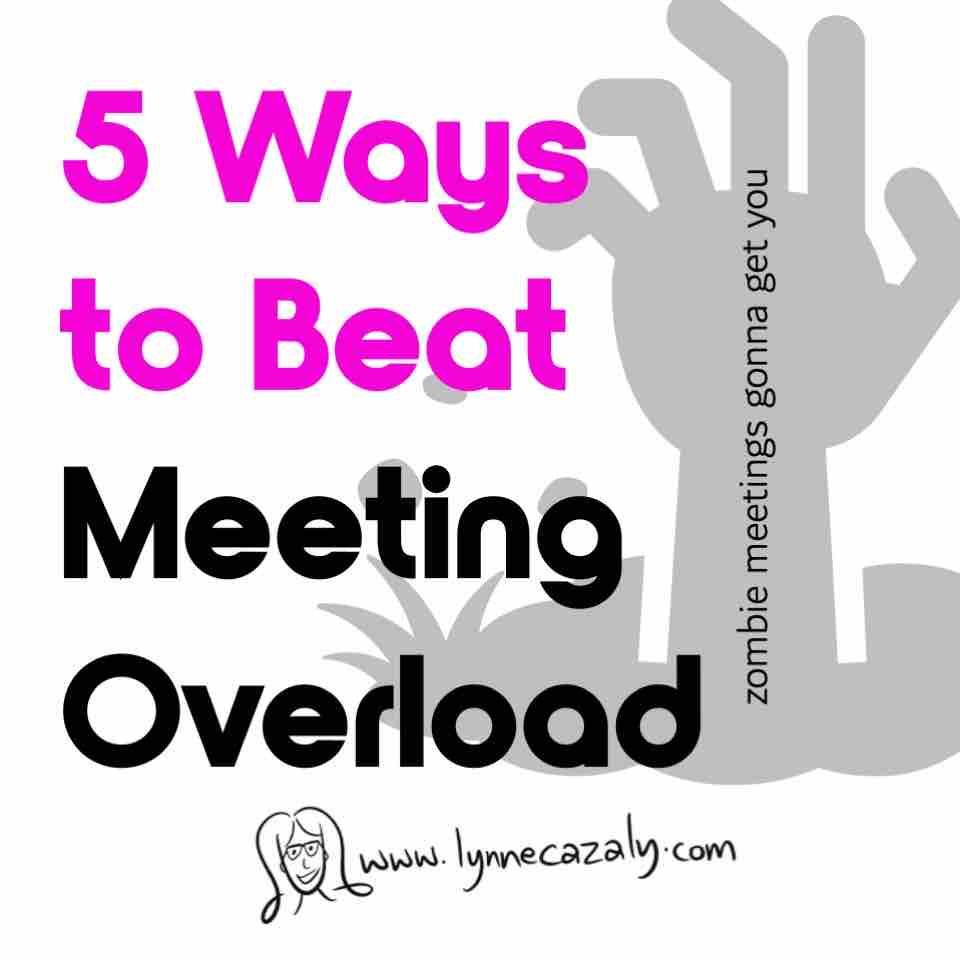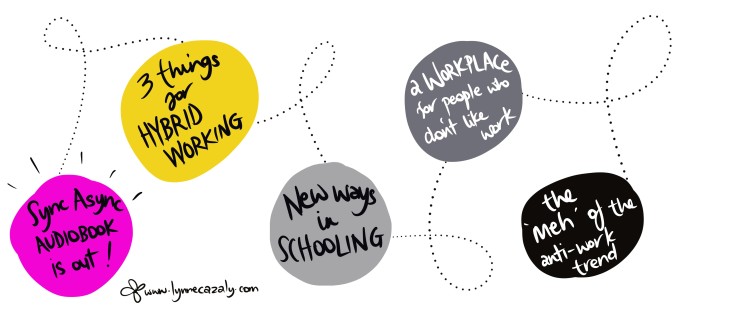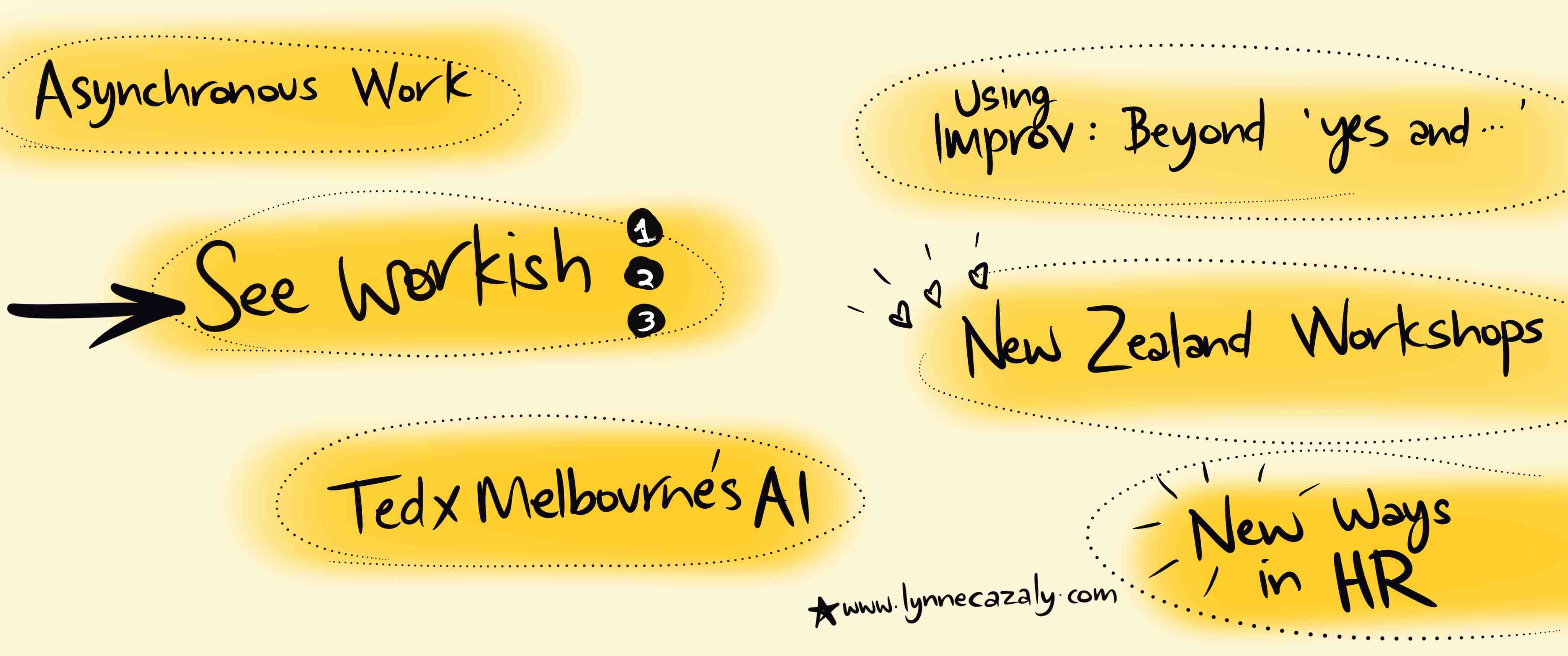
I'm coming for you, New Zealand
It's exciting to be planning a return visit to Wellington, New Zealand (August 14 - 18, 2023) for some live in-person workshops! It's been a while, pre-pandemic, you know!
There are 4 topics to choose from:
🌕 VISUAL SENSEMAKING
Monday August 14: 9am - 12.30pm
This is one of the most popular workshop training programs I've been delivering over the past 10 years, and it's evolved to give you these highly clever visual skills to help you think, understand, decide, communicate and collaborate better in times of change and uncertainty. The Institute for the Future identified Sensemaking as a capability we'd need for these times, and this session will give you what you need. If you've heard about my workshops that have helped people sketch and draw, this is the session; we'll use visualisation as one of the key tools for making sense of what's happening, helping with your thinking, decision making, collaboration and innovation.
🌕 ADVANCED TECHNIQUES IN FACILITATION
Tuesday August 15: 9am - 12.30pm
Lift your capability to design processes, lead groups and achieve outcomes ... and, handle challenging situations, people, groups and projects. If you've already had some experience facilitating or you've attended some initial training on facilitation skills, it's time to take things to the next level and move beyond the clichés that are too often part of the facilitator's vocabulary and toolkit. Time to step things up! Bring along queries, challenges, questions and curiosities as the whole learning session will be facilitated.
🌕 CHANGE TOOLS
Thursday August 17: 9am - 12.30pm
This has been a popular workshop program for leaders and managers involved in change and transformation - whether by their job title, or as part of the work they're doing. It's not easy to navigate the change environment, communicate, influence and shift people's thinking when you're working with such diverse levels of engagement, interest and involvement. Leading change needs clever, creative, adaptive tools. Use the 10 change tools I'll share and demonstrate in the workshop to better engage, lead and impact in change and transformation. Bring along an example of anything you're working on in change and we'll apply the tools to it.
🌕 SPEAKING MASTERCLASS
Friday August 18: 9am - 12.30pm
Take your speaking and presenting to higher levels of performance: more creative, impactful, engaging and memorable. For all levels of expertise. If you've been invited to speak or present at a conference, or you'd like to develop this aspect of your consulting business or practice, or you're just curious to know how you might do better in the world of speaking, this session is going to be a winner. I'll be sharing insights from my journey from not speaking, to speaking a little, to speaking a lot, internationally, and the key things I've learned about the craft, the business and the audiences! Again, bring along queries, challenges and goals and we'll tackle them.
All sessions use accelerated learning techniques so we cover a lot and achieve great outcomes in a half-day session. No waffle. No words wasted. No dull PowerPoints. Only actions, outcomes and acceleration in learning.
See Workish
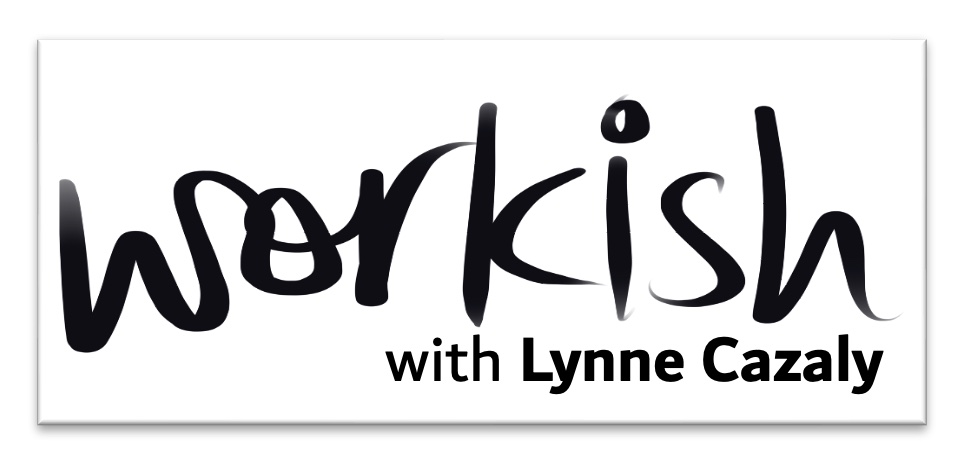 This is the new 5-minute video wrap and curation of work and work-related topics I'm creating and sharing. It brings you up to date with work trends, ideas, information and developments related to work-ish things.
This is the new 5-minute video wrap and curation of work and work-related topics I'm creating and sharing. It brings you up to date with work trends, ideas, information and developments related to work-ish things.
Future AI jobs, Procrastiworking, Remote loneliness, Text to music, Human centric lives, Swipe useless meetings ... and some music from Theådore
The Business Case for Wellbeing, Designing Offices for the Future, Get Back into the office ... No... it's too expensive !, Async Secret Weapon, Jump on a Chopper
Return to office tensions, Integrating AI at work, Replacing managers with coaches, Neuropsychological safety at work, Attracting GenZ talent, New Zealand in person workshops
Improv. It’s more than ‘yes and …’
Ask someone about improvisation and they might say, ‘it’s all about saying ‘yes, and …’ or ‘hey isn’t that when comedians make things up’ or ‘oh my favourite show is ‘Whose line is it anyway’.
Yet improvisation is so much more than this and has such wide application across different parts of our life.
While there are many philosophies, principles, schools and practices for improv, know this...
it is possibly one of the greatest capabilities to have in these times of uncetainty, change, challenge and pressure.
I’m a fan of improv - learning about it from Impro Melbourne over many years, performing it at different events and shows and reading widely about it.
But perhaps the greatest application and use of improv has been in my everyday life.
Sometimes the sh*t hits the fan. At different times in life, things happen, and you’re confronted by the stuff of life that is painful, difficult, tough or challenging … to say the least.
How do you cope, handle or deal?
The learned principles and practices of improvisation when applied daily to life can help.
Don’t dismiss. Don’t laugh it off. Don’t think there’s something wrong with you.
With an improviser’s mindset you’ll be able to tackle, respond and cope. Well. This is possible by using improv tools, principles and practices that help us:
▫️adapt
▫️be creative
▫️trust ourselves, and
▫️move ahead.
These benefits make improvisation way more than a skill for the stage.
Read more about it in this article from Psychology Today about Keith Johnstone.
TEDx Melbourne - a night of AI
5 x AI speakers … at TEDxMelbourne.
An insightful bot view into artificial intelligence in creativity, health, education, the future.
Jon Yeo shared the comprehensive and detailed process of the last 6 months, coaching and curating the artificial bot speakers and their content, tone.
The extensive prompts, iterations, output, experiments and lessons were outlined. There were many questions and comments from the room of 100% human attendees!
Some quotable quotes:
- This was a complete experiment. We didn’t know what we’d get out of it.
- If it’s boring, blame the source material.
- Does art require a soul?
- It’s not human. Do we want it to be human? Are we ok with that if it is?
- It’s more binary than granular.
- The law of averages exist in large amounts of data.
- Who gets to choose the deployment of AI?
- It’s an intelligence … but it’s not artificial. What kind of intelligence is it then?
… and thank you to the sponsors and volunteers who helped make the event happen.
On Asynchronous Work
Watch this session I presented for the Remote Agility Framework community on my book Sync Async: Making progress easier in the changing world of work
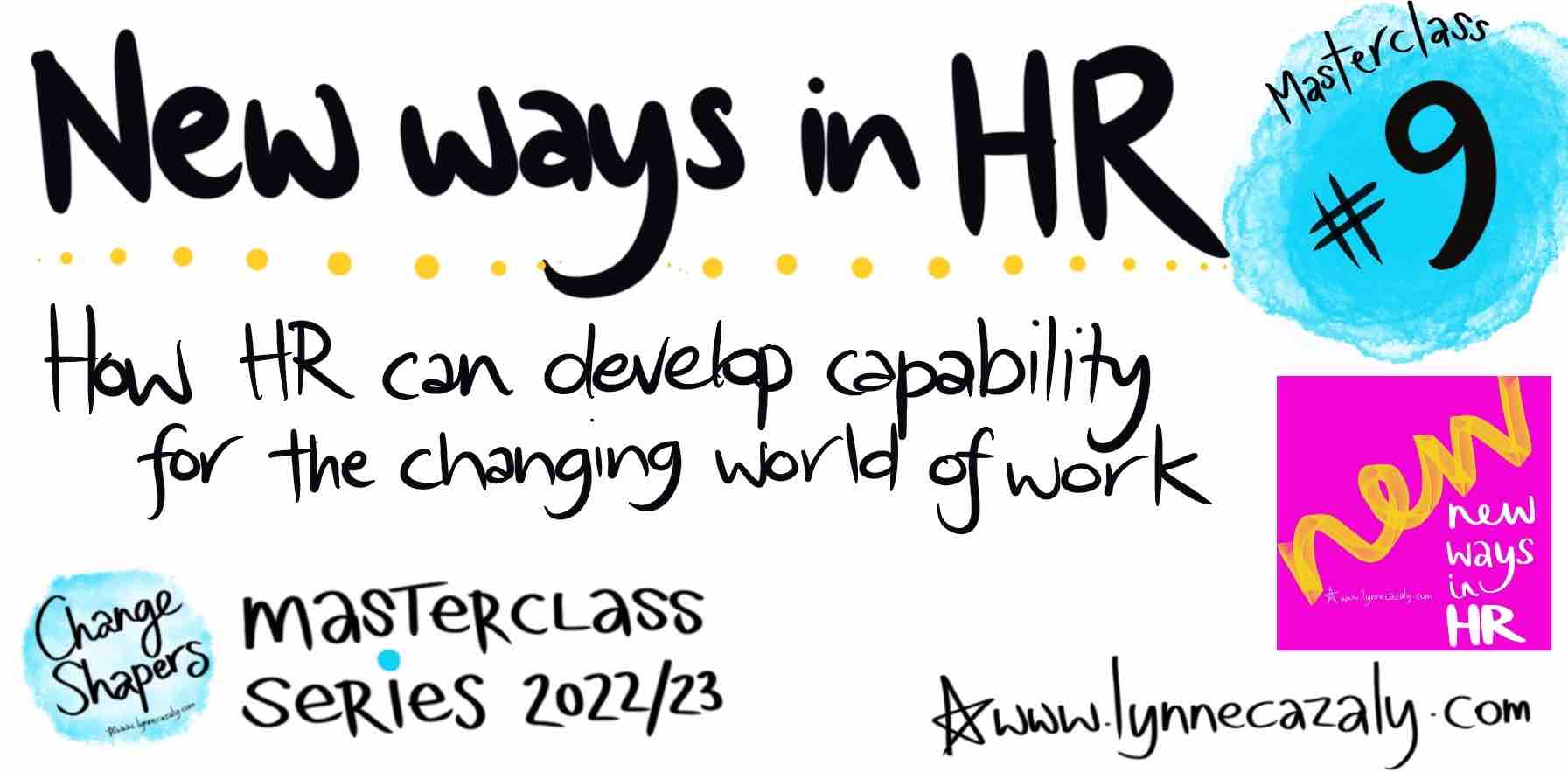
Over the past 18 months I've been working with several Human Resources teams, helping them boost their capabilities for the new world of work.
That means, newer ways of working, working in different ways, trying new things, evolving their processes and ways of thinking.
Join this complimentary session if you're an HR professional and would like to learn about new ways in HR.
It's on July 20, 2023 from 2 - 3pm AEST. A recording will be made available.
The session outline :
As the world of work keeps evolving, there's so much that's changing in every workplace.
And Human Resources practitioners are so often involved with that change: initating, guiding, advising, championing, advocating and innovating.
So committed to the support of people in the organisation, the HR function can often be left behind in capability development and innovation ... while the rest of the organisation forges ahead with the new and wonderful!
Newer ways of working are sweeping the world and bringing changes to workplaces across every sector, field and industry.
🌕Is your HR team evolving and adapting to be able to respond to the changing world of work?
🌕Or are you using the same tools, methods, practices and process of the past?
🌕What is the cost when the HR team aren't leading -- or at least up with -- the evolution of new ways of working?
⭐️Case studies and insights⭐️
I'll present case studies from working directly with HR teams, what capabilities they've developed ... and why.
Join this complimentary masterclass and I'll share the new ways of working that HR teams are adopting to ensure they're able to handle the changing world of work.
Registrations are free; sign up here
 Monday, December 2, 2024 at 5:54PM
Monday, December 2, 2024 at 5:54PM 



















